The Celebrate Blog
Education, Tips, Nutrition, and Recipes for Bariatric Surgery and Weight Loss Patients

Baked Salmon Patties

Dr. Samantha Stavola-Giaconia DCN, RDN, LD, FAND February 5th, 2026
Bariatric Recipes
Looking for a quick, flavorful, and nutritious meal that fits your post-op lifestyle? These Baked Salmon Patties are crispy on the outside, tender on the inside, and packed with protein, making them perfect for bariatric patients, busy weeknights, or anyone...

Healthy Valentine’s Day Treats That Won’t Derail Your Weight Loss Goals

Dr. Samantha Stavola-Giaconia DCN, RDN, LD, FAND February 1st, 2026
Lifestyle
Valentine’s Day is often synonymous with indulgence—heart-shaped chocolates, decadent desserts, lavish dinners, and sugary cocktails. For individuals actively pursuing weight loss or metabolic health, this holiday can feel like a test of willpower. The...

Chickpea Salad Cups

Dr. Samantha Stavola-Giaconia DCN, RDN, LD, FAND January 6th, 2026
Bariatric Recipes
As we kick off the new year, we are bringing you a fresh, protein-forward, bariatric-friendly twist on a classic lunch or snack time favorite. This month’s Cooking With Celebrate recipe is Chickpea Salad Cups, a quick, satisfying option that...

How to Keep Healthy New Year Habits After Bariatric Surgery

Dr. Samantha Stavola-Giaconia DCN, RDN, LD, FAND December 18th, 2025
Lifestyle
New Year’s Resolutions for Bariatric Surgery Patients | Healthy Habits After Weight Loss Surgery | Navigating the New Year After Bariatric SurgeryThe New Year often brings a renewed sense of motivation—fresh goals, new routines, and the...

Salmon Cucumber Roll

Dr. Samantha Stavola-Giaconia DCN, RDN, LD, FAND December 2nd, 2025
Bariatric Recipes
Say hello to our low carb, high protein, Salmon Cucumber Roll! This is the perfect bariatric friendly option for a festive lunch or New Year's Eve appetizer. Resembling sushi, it is a new and improved protein, vegetable, fiber, and healthy fat...

Staying Active Indoors: Winter Workouts for Bariatric Patients

Dr. Samantha Stavola-Giaconia DCN, RDN, LD, FAND December 2nd, 2025
Lifestyle
Low-Impact, At-Home Exercise Ideas to Keep Moving When It’s Too Cold OutsideWhen the temperature drops and daylight hours shrink, it’s easy to let your workout routine slide. For bariatric patients, staying active year-round is crucial—not...
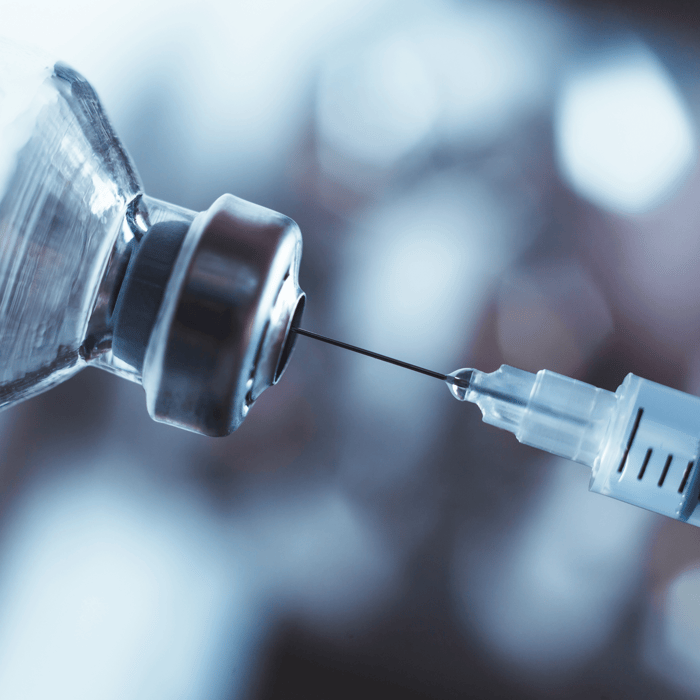
Why Protein Matters When You’re Taking a GLP-1: Benefits, Best Foods, and a Supportive GLP-1 Meal Plan

Dr. Samantha Stavola-Giaconia DCN, RDN, LD, FAND November 24th, 2025
Lifestyle
GLP-1 medications such as semaglutide and tirzepatide have become powerful tools for appetite regulation, improved blood sugar control, and weight management. While these medications help reduce hunger and increase fullness, they can also...

High Protein Pumpkin Muffin Tops

Dr. Samantha Stavola-Giaconia DCN, RDN, LD, FAND November 10th, 2025
Bariatric Recipes
Get ready for a delicious recipe that highlights the flavor of the season! Our High Protein Pumpkin Muffin Tops are the perfect option for any fall gathering. Prioritizing your health around the holidays is super important, especially for bariatric...

How to Handle Food Pushers at Holiday Gatherings: Scripts and Strategies for Politely Saying “No Thanks”

Dr. Samantha Stavola-Giaconia DCN, RDN, LD, FAND November 3rd, 2025
Lifestyle
The holiday season brings joy, laughter, and togetherness—but for many, it also brings a particular kind of stress: food pushers. Whether it’s your grandmother insisting you have “just one more slice of pie,” or your coworker who...

Stock Up and Save Big: Celebrate Vitamins’ 2025 Black Friday Supplements Sale
October 28th, 2025
Get Ready for Our Biggest Weekend of the Year!The holiday season is here, and that means it’s time for our most anticipated sale of the year! Get ready for an incredible Black Friday supplements sale and Cyber Monday deals that will make it easy...

Why Calcium Is Essential After Bariatric Surgery: What Every Patient Should Know

Dr. Samantha Stavola-Giaconia DCN, RDN, LD, FAND October 2nd, 2025
Lifestyle
Bariatric surgery changes your life in many ways — from how you eat to how your body absorbs nutrients. While weight loss is often the most visible change, one of the most important — and sometimes overlooked — adjustments happens inside...

Green Goblin Dip

Dr. Samantha Stavola-Giaconia DCN, RDN, LD, FAND October 1st, 2025
Bariatric Recipes
It's officially spooky season! And we know how hard it can be finding nutritious and festive food options for Halloween that aren't made with dyes or processed ingredients. Our Green Goblin Dip is packed with nutrients, fiber, and protein, making it...

5 Small Changes That Make a Big Difference Post-Bariatric Surgery: The Power & Benefits of Bariatric Vitamins & Supplements in Your Self-Care Routine

Dr. Samantha Stavola-Giaconia DCN, RDN, LD, FAND September 8th, 2025
Lifestyle
Bariatric surgery is a powerful tool for weight loss, but it’s only the beginning of your health journey. After surgery, your body undergoes major changes in how it digests and absorbs nutrients. These changes mean you need to be more intentional than...
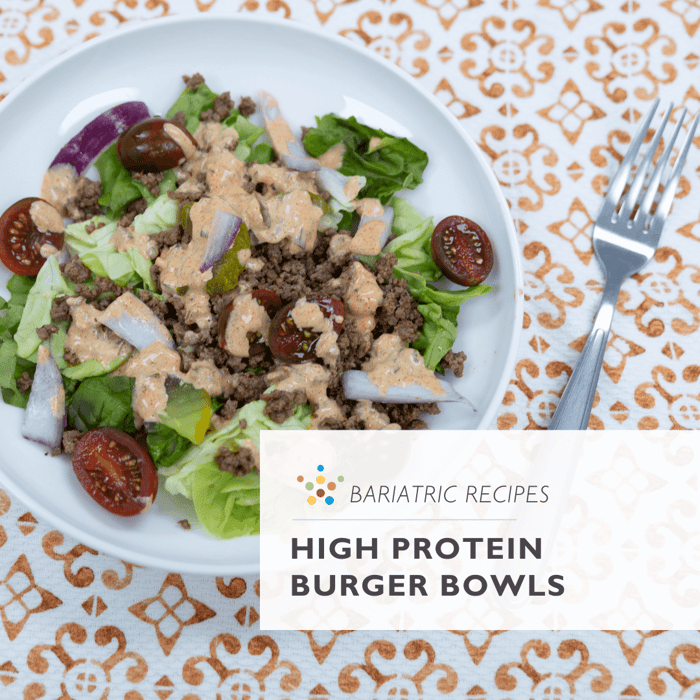
High Protein Burger Bowls

Dr. Samantha Stavola-Giaconia DCN, RDN, LD, FAND September 5th, 2025
Bariatric Recipes
We have a delicious, low carb, protein-packed meal that fits perfectly into your healthy lifestyle! Our High Protein Burger Bowls are the ultimate way to enjoy all the flavors of a juicy burger, without the bun! Perfect for health enthusiasts,...
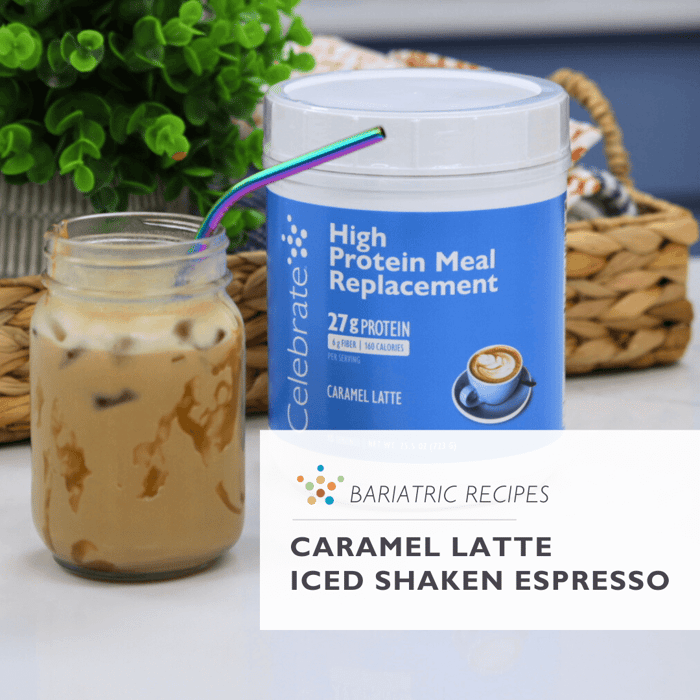
Caramel Latte Iced Shaken Espresso

Dr. Samantha Stavola-Giaconia DCN, RDN, LD, FAND August 27th, 2025
Bariatric Recipes
In need of a delicious way to kickstart your morning or beat the afternoon slump? Our Caramel Latte Iced Shaken Espresso recipe is just for you! This latte is the perfect blend of cafe inspired flavor paired with protein for nutritional balance, all in...

Nutrient Deficiency Risks Associated with GLP-1 Receptor Agonists: What Patients and Clinicians Should Know

Dr. Samantha Stavola-Giaconia DCN, RDN, LD, FAND August 21st, 2025
Lifestyle
Glucagon-like peptide-1 receptor agonists (GLP-1 RAs) have revolutionized the treatment of obesity and type 2 diabetes, offering impressive weight loss outcomes and glycemic control. Medications like semaglutide, liraglutide, and tirzepatide have seen a surge in...

How to Exercise in the Heat: Safe Summer Workouts for Bariatric Patients

Dr. Samantha Stavola-Giaconia DCN, RDN, LD, FAND July 7th, 2025
Lifestyle
Exercising in the summer can be challenging, especially for bariatric patients who need to balance physical activity with hydration and comfort. While staying active is essential for maintaining weight loss and overall health, it’s crucial to adapt...

Light & Fresh Summer Foods for Bariatric Patients

Dr. Samantha Stavola-Giaconia DCN, RDN, LD, FAND June 16th, 2025
Lifestyle
Summer is the perfect season to enjoy fresh, light, and hydrating foods that align with a post-bariatric surgery lifestyle. Warmer weather calls for nutrient-dense meals that are easy to digest, promote hydration, and provide essential vitamins and...
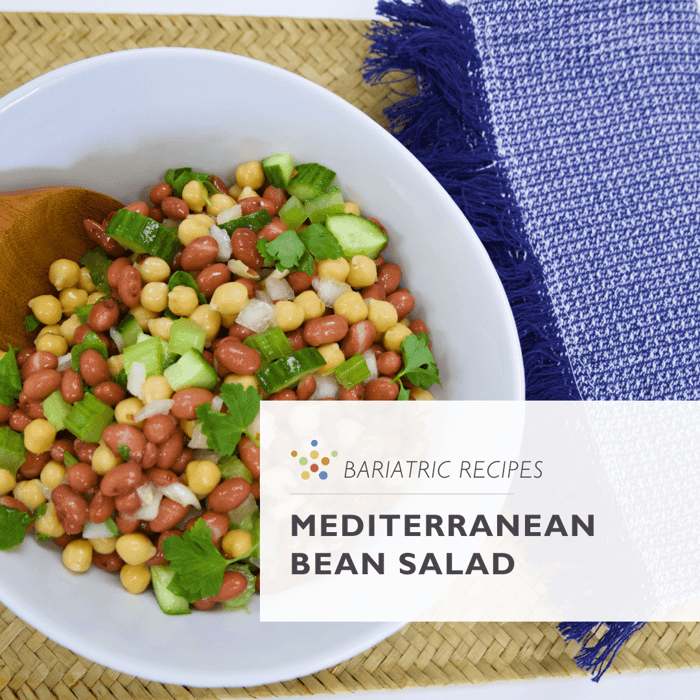
Mediterranean Bean Salad

Dr. Samantha Stavola-Giaconia DCN, RDN, LD, FAND June 4th, 2025
Bariatric Recipes
Looking for a fresh, flavorful, and nutrient-packed meal that supports your health journey? This Mediterranean Bean Salad recipe is perfect for both bariatric patients or anyone seeking a high-protein, low-fat meal option! Packed with fiber-rich beans,...

Spring Cleaning for the Mind: How to Refresh Your Mindset After Bariatric Surgery

Dr. Samantha Stavola-Giaconia DCN, RDN, LD, FAND May 9th, 2025
Lifestyle
Bariatric surgery is a life-changing procedure that can lead to significant weight loss and improved health. However, the journey doesn’t end once the surgery is completed. A crucial part of long-term success is mental well-being and mindset. Just as we...
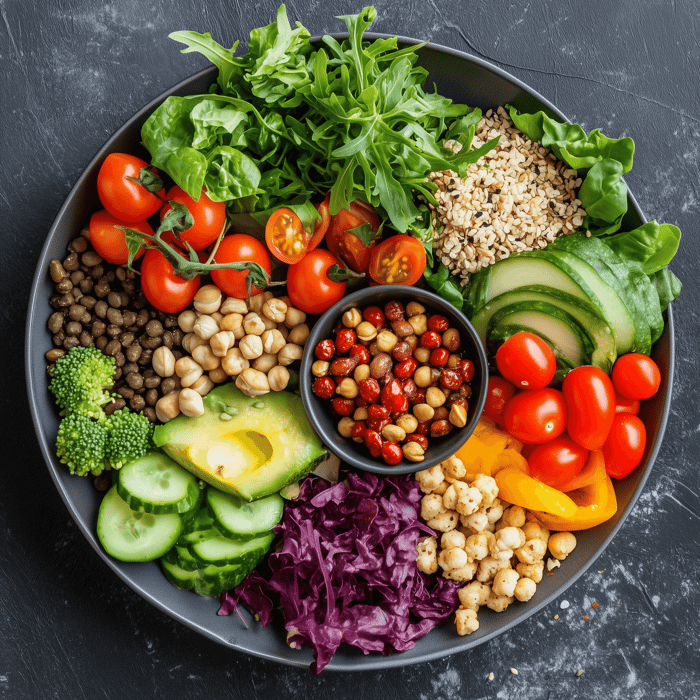
Spring Cleaning Your Diet: Eating Clean to Lose Weight by Eliminating Hidden Sugars & Processed Foods

Dr. Samantha Stavola-Giaconia DCN, RDN, LD, FAND April 7th, 2025
Lifestyle
Spring is a season of renewal, a time when many people embrace the tradition of spring cleaning to declutter their homes. However, what if we applied this same principle to our diets? Just as we rid our homes of unnecessary clutter, we can cleanse our...

The Importance of Celebrating Non-Scale Victories After Bariatric Surgery

Dr. Samantha Stavola-Giaconia DCN, RDN, LD, FAND March 6th, 2025
Lifestyle
Bariatric surgery is a life-changing journey for individuals seeking to improve their health and quality of life. While weight loss is often the primary goal, focusing solely on the numbers on the scale can overshadow other meaningful achievements. These...
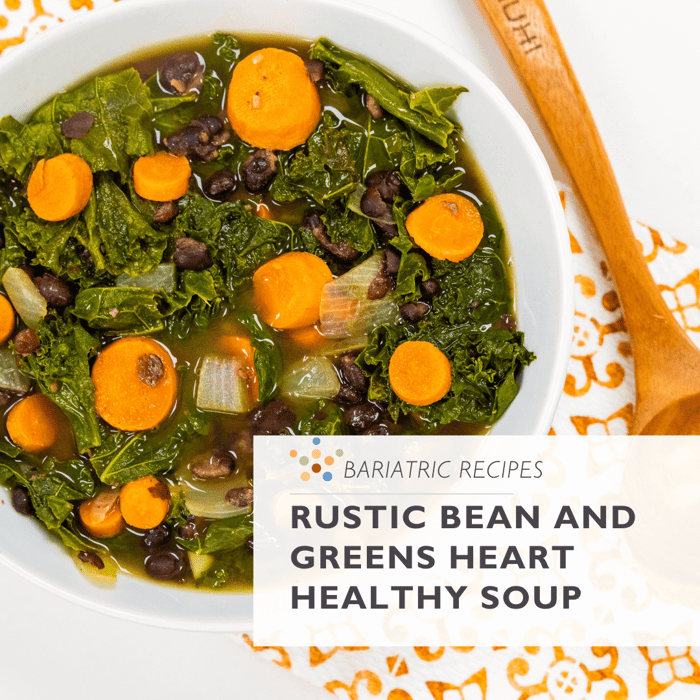
Rustic Bean and Greens Heart Healthy Soup
February 4th, 2025
Bariatric Recipes
Download RecipeToday we're diving into a delicious and deeply satisfying recipe: Rustic Bean and Greens Heart Healthy Soup. This hearty bowl is not only packed with flavor but also brimming with goodness!Let's talk about the stars of the show: leafy...
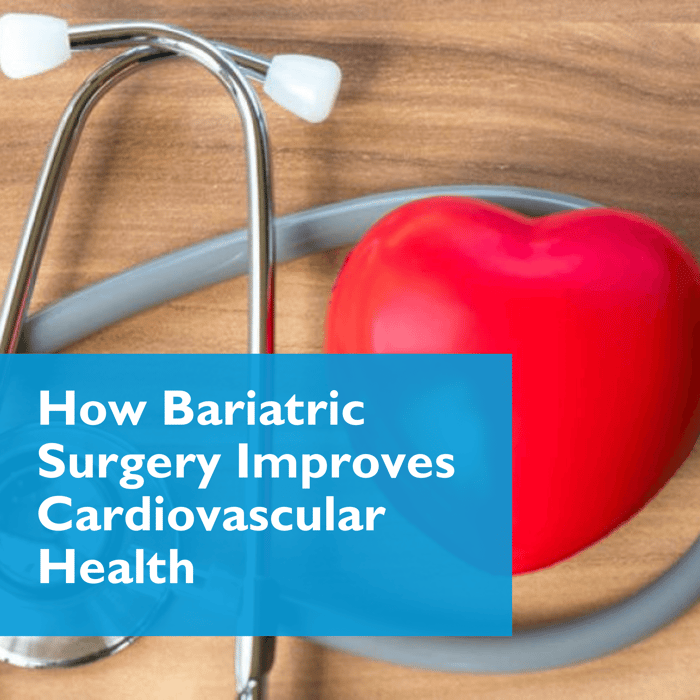
How Bariatric Surgery Improves Cardiovascular Health

Dr. Samantha Stavola-Giaconia DCN, RDN, LD, FAND February 3rd, 2025
Lifestyle
Bariatric surgery, a weight loss option for individuals struggling with severe obesity, has proven benefits beyond significant weight loss. One of the most profound effects of bariatric surgery is its positive impact on cardiovascular health. With...

Air Fryer Cauliflower Bites
January 10th, 2025
Bariatric Recipes
Download RecipeForget greasy takeout! These crispy air fryer cauliflower bites are a game-changer. They're incredibly easy to make, packed with flavor, and a perfect healthy snack or appetizer. Plus, they're surprisingly satisfying and will leave you...

The Health Benefits of Magnesium Supplements: A Comprehensive Overview

Dr. Samantha Stavola-Giaconia DCN, RDN, LD, FAND January 9th, 2025
Lifestyle
Magnesium is a crucial mineral that supports hundreds of biochemical reactions in the body. Despite its importance, magnesium deficiency is surprisingly common, with estimates suggesting that up to 50% of people in Western countries consume less than the...

Frosted Berry Dirty Soda
December 16th, 2024
Bariatric Recipes
Download RecipeLooking for a fun, refreshing way to power up your day? We've got the perfect drink for you: Frosted Berry Dirty Soda! This fizzy, berry-packed treat not only tastes amazing but also gives you a serious protein boost. The secret to...

Low Calorie Holiday Food Ideas

Dr. Samantha Stavola-Giaconia DCN, RDN, LD, FAND December 4th, 2024
Lifestyle
The holiday season is a time for celebration, family gatherings, and, of course, delicious food. But with all the festive dining, it can be easy to overindulge. Fortunately, there are plenty of tasty low-calorie options that can help you enjoy the...

Frozen Protein Hot Chocolate
December 2nd, 2024
Bariatric Recipes
Download RecipeWho said hot chocolate was just for chilly nights by the fire? This Frozen Protein Hot Chocolate is the perfect way to cool down while still enjoying your favorite winter drink. Imagine a creamy, dreamy blend of rich chocolate, frothy milk,...

Vitamin B12 for Energy: Staying Energetic During the Winter Months

Dr. Samantha Stavola-Giaconia DCN, RDN, LD, FAND November 6th, 2024
Lifestyle
As winter rolls in, many of us may notice a shift in our energy levels. The shorter days, colder temperatures, and sometimes gloomy weather can leave us feeling more fatigued than usual. While factors like lack of sunlight and physical activity play a...

Pumpkin Pie Dip
November 4th, 2024
Bariatric Recipes
Download RecipeFall is in the air, and with it comes a plethora of cozy and delicious treats. One of our absolute favorites is Pumpkin Pie Dip. This creamy, dreamy dessert is perfect for parties, potlucks, or a simple weeknight indulgence. It's not only...

Mango Chicken Curry
October 11th, 2024
Bariatric Recipes
Download RecipeMango Chicken Curry is a burst of flavor that's delicious and packed with essential nutrients. Perfect for those on a bariatric diet, this recipe offers a satisfying and healthy meal option. With its blend of sweet mango, savory curry, and...

Embracing Fall: The Best Fall Ingredients to Savor

Dr. Samantha Stavola-Giaconia DCN, RDN, LD, FAND October 10th, 2024
Lifestyle
As the leaves turn to vibrant shades of red and gold, it’s time to welcome the flavors of the fall season into our kitchens. Autumn brings a bounty of seasonal ingredients that not only celebrate the harvest but also warm our hearts and homes....
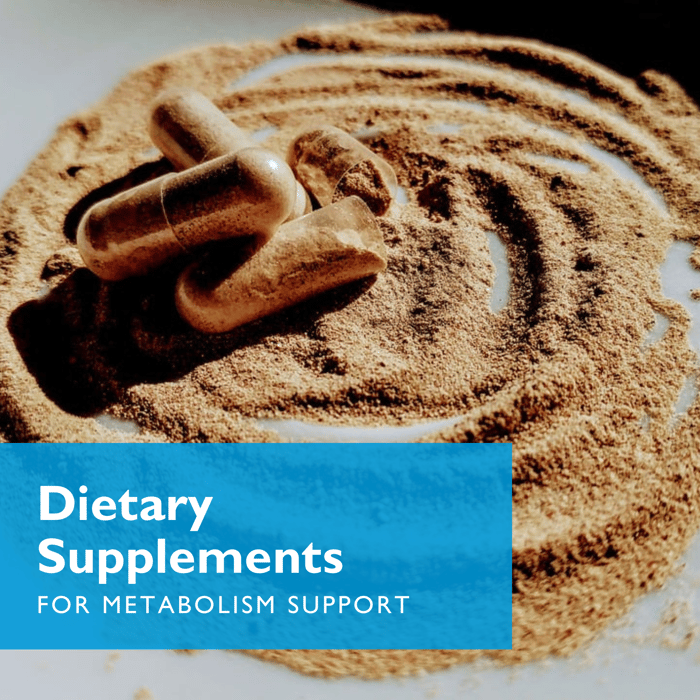
Dietary Supplements for Metabolism Support - Celebrate

Dr. Samantha Stavola-Giaconia DCN, RDN, LD, FAND September 16th, 2024
Lifestyle
The relationship between adipose (fat) tissue and metabolic processes within the body contribute to the complexity of obesity. Adipose (fat) cells are active and can cause dysregulation in insulin, lipid and hormone signaling. Furthermore, these signals...

Lemon Cheesecake Cupcakes
September 5th, 2024
Bariatric Recipes
Craving the rich, creamy taste of cheesecake but prioritizing your health? Look no further than these delicious Lemon Cheesecake Cupcakes.
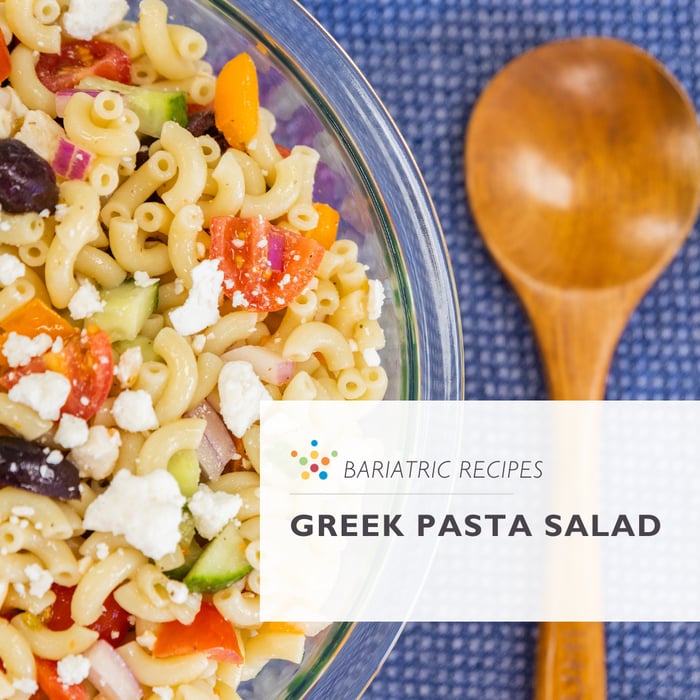
Greek Pasta Salad
August 6th, 2024
Bariatric Recipes
Beat the summer heat with a light & flavorful Greek Pasta Salad recipe! Packed with vitamins, protein & healthy fats, it's a delicious way to nourish your body.

The Ultimate Guide to Staying Hydrated During Summer Heat - Celebrate

Dr. Samantha Stavola-Giaconia DCN, RDN, LD, FAND August 2nd, 2024
Lifestyle
Uncover the secrets to staying cool and healthy this summer! Our guide to staying hydrated during summer months offers tips and tricks to beat the heat.

Celebrate Bariatric Surgery Success Story - Jenna - Celebrate
July 16th, 2024
Lifestyle
Celebrate Vitamins ambassador Jenna Klyber tells her bariatric surgery story and how essential choosing the right supplements has been to her sustained success.

Essential Multi 3 in 1 Parfait
July 3rd, 2024
Bariatric Recipes
Ditch the pills and try our Essential Multi 3 in 1 Parfait! This recipe packs vitamins, calcium & fiber into a deliciously nutritious breakfast or snack.

Healthy BBQ Ideas to Sizzle Your Summer - Celebrate

Dr. Samantha Stavola-Giaconia DCN, RDN, LD, FAND July 2nd, 2024
Lifestyle
Get summer ready with our healthy BBQ ideas and recipes. Find protein-packed & delicious options that fit your post-bariatric diet.

The Gut Health Superstars: L-Glutamine and Immunoglobulins - Celebrate

Dr. Samantha Stavola-Giaconia DCN, RDN, LD, FAND June 5th, 2024
Lifestyle
Explore the science behind L-Glutamine and Immunoglobulins, two rising stars in the world of gut health. Discover how they can support digestion, immunity, and overall well-being.
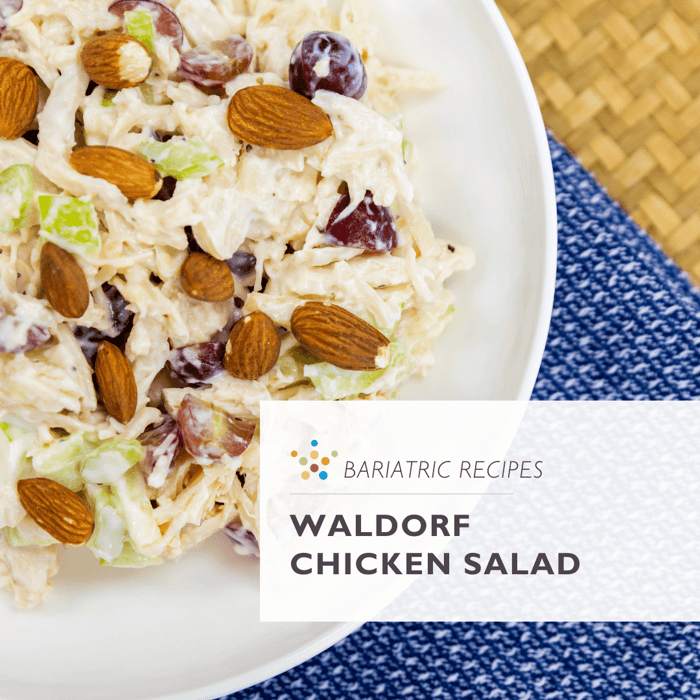
Waldorf Chicken Salad

Dr. Samantha Stavola-Giaconia DCN, RDN, LD, FAND June 3rd, 2024
Bariatric Recipes
Craft a classic Waldorf Chicken Salad with our simple recipe! Perfect for a nutritious lunch or dinner. Easy to make and under 20 minutes.

Caroline's Tuna Stuffed Mini Peppers
May 8th, 2024
Bariatric Recipes
Tuna stuffed mini peppers feature a delicious combination of tuna nestled on a bed of cream cheese. Perfect for a healthy lunch or snack & ready in 15 mins!

Navigating Summer Travel After Bariatric Surgery: Tips for a Successful Journey

Dr. Samantha Stavola-Giaconia DCN, RDN, LD, FAND May 7th, 2024
Lifestyle
In this article, explore practical tips to help you stay on track with your weight loss goals summer travel after bariatric surgery.

Finding Bariatric Surgery Support Groups: The Power of Peer Support

Dr. Samantha Stavola-Giaconia DCN, RDN, LD, FAND April 15th, 2024
Lifestyle
Bariatric support groups offer a sense of hope, solidarity, and community that is essential for achieving long-term success after weight loss surgery. Read to learn more.

Maria's Air Fryer Egg Bites
April 11th, 2024
Bariatric Recipes
Talk about breakfast goals! These little protein-packed air fryer egg bites cook up in no time thanks to the magic of your air fryer.
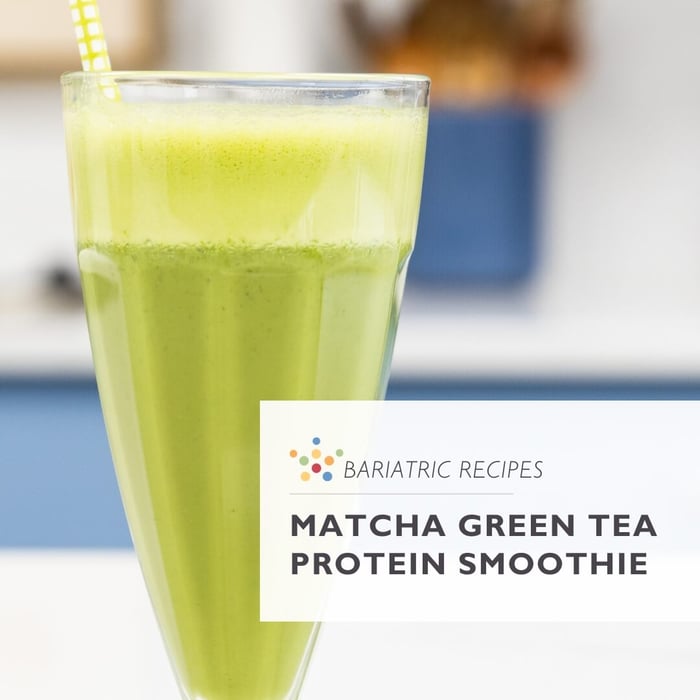
Matcha Green Tea Protein Smoothie
March 11th, 2024
Bariatric Recipes
Our Matcha Green Tea Protein Smoothie combines matcha green tea with Celebrate’s ReBuild Protein + Probiotic Powder. Perfect for a nutritious breakfast, a delicious afternoon pick-me-up, or a healthy snack.

Bariatric Meal Planning 101: Creating Balanced and Delicious Post-Bariatric Meals

Dr. Samantha Stavola-Giaconia DCN, RDN, LD, FAND March 6th, 2024
Lifestyle
Explore the essentials of bariatric meal planning for individuals who have undergone weight loss surgery. You'll learn practical tips and insights to help create meals that are not only nutritionally sound but also satisfying to the taste buds.

Navigating Your Social Life After Bariatric Surgery

Dr. Samantha Stavola-Giaconia DCN, RDN, LD, FAND February 9th, 2024
Lifestyle
Life after bariatric surgery involves more than just physical changes; it entails navigating a new social landscape. Read our tips on how to navigate your social life after bariatric surgery with confidence.
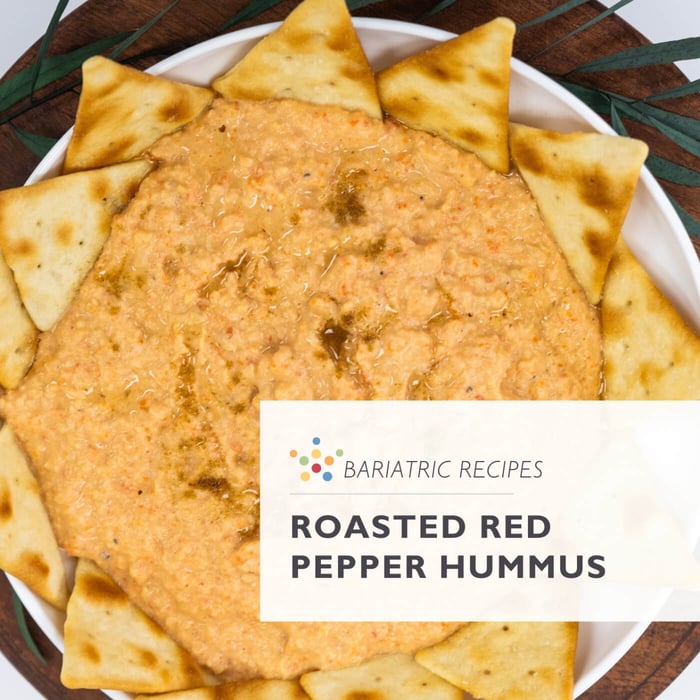
Roasted Red Pepper Hummus
February 6th, 2024
Bariatric Recipes
This bariatric friendly Roasted Red Pepper Hummus is a creamy dip that's packed with protein and fiber. Pair with crunchy veggies or whole grain crackers for a nutritious snack!
